Ever since a young age, I have been fascinated by the natural world. My childhood was spent on my family’s beautiful 5-acre country home where I roamed the creek beds and discovered new and exciting plants and wildlife in the grass and woodland undergrowth. Many a childhood fantasy game and adventure were experienced in this setting, and it ingrained in me an appreciation and reverence for all things Mother Nature – including homegrown organic foods.
Sadly my childhood was also punctuated with a range of health issues. At the young age of 4 years old during a very memorable Thanksgiving weekend, I may have overindulged in a certain dessert item *cough – whipped cream – cough* which resulted in a most unfortunate flare up of digestive distress – let’s just say, it was mighty unpleasant. I attribute this moment as my start of digestive health issues, although my parents assure me that I was a colicky baby who never quite seemed satisfied with mama’s milk or other dairy equivalents. My pediatrician announced I was lactose-intolerant, and my food items were promptly limited to non-dairy or lactose-free products such as margarine, lactaid and soy milks. In addition to the prompt evacuation that my bowels would experience upon consumption of dairy, I also suffered from mid-meal stomach aches and pains. These pains would sometimes hit me mid-bite, and I would have to run to the bathroom just in case I couldn’t settle my stomach. This resulted in me always having to be on the watch, especially when we would eat meals out. I got very good at listening to my body, and if I began feeling even the slightest hint of discomfort, I would stop eating my meal and would wait until returning home to finish it. As you can imagine, this created some anxious feelings regarding meal times for me, which perhaps in retrospect also contributed to my digestive distress.
However, I didn’t let these health issues deter me: in my young mind, I didn’t quite understand that these occurrences were not normal, and I simply assumed that I was just more sensitive than my family and friends, who didn’t have to worry about such things (to my knowledge). I continued to be an active child, if with a few setbacks and hiccups here and there when I would have a digestive flare up.
At 8 years old I began thinking about what I was eating – specifically animal products. I became inspired by some family friends who were vegan at the time, and I just thought that that was WAY TOO COOL – a down-to-earth diet with no animal slaughter? Sign me up! So I told my parents that I wanted to be a vegetarian (I couldn’t bring myself to give up the little bit of cheese that I could eat, or my scrambled eggs), and they said okay! My parents have always cooked wholesome meals that usually included a meat/protein dish, salad, and usually some sort of vegetable dish, so it was easy for them to add a tofu or alternative protein side-dish to our family meals. It was surprisingly easy for me to give up meat because I have always had a fondness and bond with all living creatures and I liked the idea of not having to participate in the deaths of my animal friends.
Granted, giving up meat did not result in new digestive health; rather, I continued my stagnate state of perpetual digestive upset.
As I grew into my pre-teen and teen years, I began feeling extremely fatigued and sluggish; I began gaining weight that my peers were not, and I was assaulted by excruciating lower abdominal cramps for a week each month during my menstruation. At 13 years old, my pediatrician made the astute assessment that my thyroid appeared to be enlarged; the subsequent blood tests confirmed his suspicion that I was Hypothyroid – and that I would have to take a medication of synthetic hormone for the rest of my life. As upsetting as this was at the time, it wasn’t altogether surprising since it runs in my family – however, most family members developed this condition in their 40’s, not their early teen years. If I knew then what I know now about the estrogen-mimicking properties of soy, I might have made the dietary connection to my health issues, but alas that was not to be.
So I continued my vegetarian lifestyle, relying far too heavily on soy and pho-meat products and continually dealing with digestive distress, although I didn’t have to make quite as many runs to the bathroom mid-meals as I had previously, thanks to probiotics and a relatively balanced vegetarian diet.
Despite my health concerns, I thrived in my teen years: I participated in my county’s Search & Rescue Youth Program where I furthered my knowledge about backpacking, wilderness first aid, map/compass techniques, and wilderness survival; I excelled in school where my teachers pushed me to my full capabilities and my friends surrounded me with outrageous activities filled with giggles and good times – all in all, a wonderful youth-to-adult growth experience.
It was in high school biology that I realized this was the topic of study for me. All of my passions for the mysteries of the natural world were slowly being unraveled as I delved deeper in the biological spectrum – with of course new mysteries being introduced. I loved it! Learning about evolution, the natural order of the world, and how intricate life and the human body is astounded me, and continues to do so today.
Long story short and after much deliberation, I ended up pursuing a Bachelors of Science pre-Med Biology degree from the University of Oregon with minors in Organic Chemistry and Latin American Studies. My Search & Rescue experience, as well as my dad’s participation in Ski Patrol and Fire Department Volunteer work, fueled my subconscious desire to help people heal. For most of college, I believed the best way to do this was to go to medical school to become a doctor – for surely as a doctor I would learn how to help heal individuals through the natural medicines provided by our Mother Earth, right? Yet, as I slowly learned more about what the modern medical field is like, I realized that it wasn’t the right path for me. I did not want to have to rely on Big Pharma, which primarily focuses on stopping the symptoms, while not necessarily healing the underlying cause of those symptoms. The main factor in this decision was my Senior Honor’s College thesis entitled, “Diet, Market Integration, and Chronic Inflammation in an Indigenous Amazonian Ecuadorian Population” (yes, I know it’s a mouthful). Through this project, as well as my interactions with my primary and secondary thesis advisers, I was introduced to the concepts of Weston A. Price and Frances Pottenger – two leading authorities on the importance of optimal nutrition to one’s health. Essentially, my thesis analyzed the health and dietary patterns of two Amazonian indigenous tribes, one with access to processed foods and the other, more remote group, with only limited access. I found that “foods of commerce” (i.e. processed food-like products) have not only caused increased inflammation in these Amazonians, but that they are most likely a significant contributor to the drastic increase in health concerns and maladies we’ve witnessed ever since their introduction to the world starting in the 1930’s.
And so I realized this was my passion: learning how to heal people through the foods they eat and the food preparations that they utilize – essentially cutting out the crap our modern food industries try to sell to us as “real-food” which, in reality, are sorely lacking in what is needed to properly nourish and fuel our bodies. Finding the knowledge to be able to do this, however, was another story.
Post-graduation I was blessed again with the opportunity to work closely with a family nurse practitioner, first as her medical office assistant and now as her Office Manager, where I have learned the intricacies of running a small-scale healthcare practice with a holistic focus and utilization of natural and alternative protocols to modern illness and diseases. In addition to my work at the clinic, during the first year after college I continued my nutritional investigations via blogs and scholarly articles about optimal foods and diets – and oh my goodness the information out there is vast and accompanied by many a contradiction! Still a vegetarian, I was convinced that food paradigms relying too heavily on meat and animal products were not the correct dietary regimens, and I attempted to try new methods of eating by tweaking the recommendations and using meat alternatives instead (again, mainly soy-based).
And then one day I was perusing one of my favorite blogs (shout out to Lauren at Empowered Sustenance!) and came across the certification of NTP. Not knowing what this stood for, I looked it up and came across the Nutritional Therapy Association (NTA), a vocational nutrition school focused on teaching students how to become Nutritional Therapy Practitioners through the study of holistic and traditional nutrition methods, heavily based on the findings of Weston A. Price and Frances Pottenger. And, as you can imagine, I was hooked! Nine months later, after cramming the equivalent of a two-year program into that time with almost 800 hours and 50+ hours hands-on clinical training, I became a Certified Nutritional Therapy Practitioner – and my life has changed.
After being a vegetarian for just over 15 years, within the first month of the program, I began eating seafood – and oh what a glorious transition it was! I knew my body wasn’t getting the support it needed through my protein-alternatives, and it gave me a big resounding “YES! FEED ME THIS!” upon my first meal with fish – I subsequently craved seafood for the entire following week. 6 months later, I began eating meat – but not just any meat; I still do not believe or condone the cruelty occurring on factory farms, and I don’t believe eating meats produced by these atrocious methods should be consumed by any means! However, I do believe that eating grass-fed, pastured and humanly-raised animals and animal products is essential for optimal wellness – hence, the reintroduction of meat into my diet.
Although healing is an ever-constant action, I am happy to say that my digestive issues that plagued me throughout my youth and young adulthood have all-but disappeared. I am now probably one of the most regular individuals you will meet (I know, TMI), and I have very little, if any, menstrual distress anymore. I cannot attribute all of my healing to diet alone; optimal health is achieved by a healthy lifestyle and seeking out alternative modalities of healing too, not just making adjustments to your eating habits. Yet, I firmly believe that by sustaining yourself through your body’s nutritive roots and requirements, and recognizing that you are a bio-individual with unique needs and desires, that you can rediscover a new vitality and wellness that has perhaps eluded you up until now.
YOU DO NOT have to accept your health conditions as your “new normal”. Embrace your nutritive roots and discover how good you can feel!
In health,
Sierra T. NTP

![My Journey to Nutritional Therapy [unabriged]](https://images.squarespace-cdn.com/content/v1/59691b29d1758e47dd39d296/1502130415003-7R2IWSQN7BOL676W8171/IMG_3383.JPG)




